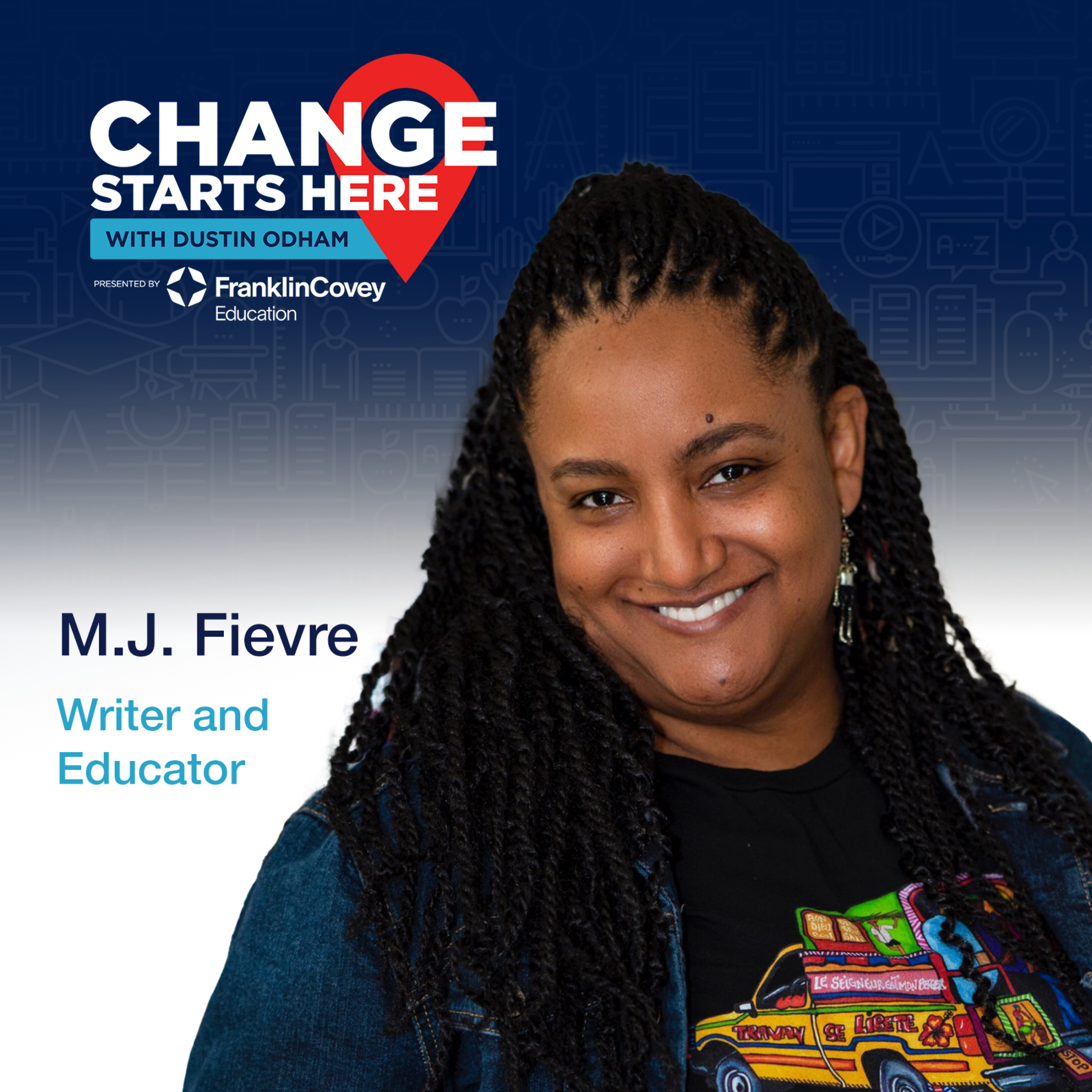

Fievre published her first book as a teenager, and she credited her aunt, a grammar and literature teacher, for introducing her to the understanding and importance of editing. “She could look at my manuscript and see what it lacked on the grammar side. Also, she could help me with the developmental.” Fievre quickly realized writing and editing were two essential but different crafts. Her advice to novice writers is to not worry about editing a piece while working on it. Take care of mistakes later.
Growing up in Haiti, Fievre said many elements get portrayed in the media which are true. There is crime and poverty in Haiti, but the flip side of the coin is the beauty that the rest of the world does not always get to learn. “For me, the most beautiful aspect of Haiti is her people,” Fievre said. “When I visit the country, and I’m amongst my people, I feel different. There is this openness. People will tell you what they think.”
Fievre’s journey does include challenges which She uses to shape her writing. Fievre said learning to be resourceful was a trait anyone who lives in Haiti develops when commonplace amenities such as electricity and transportation are not consistently available. Reading gave Fievre comfort as a child and allowed her to learn about other places in the world she wanted to go and stories she wanted to tell.
Fievre believes writing about one’s experiences is a great way to deal with trauma for any child who wants to be a writer and who may live in challenging environments and situations. “There is salvation in storytelling, discovering who other people are throughout the world, and discovering who you could be.”